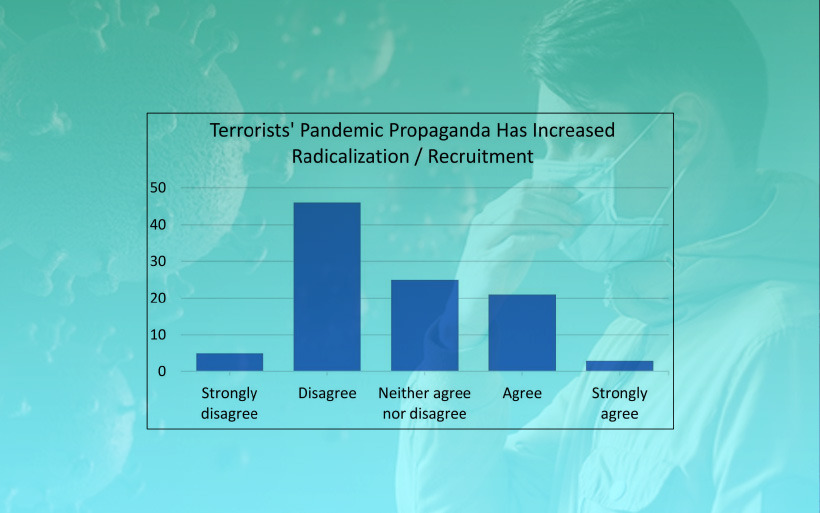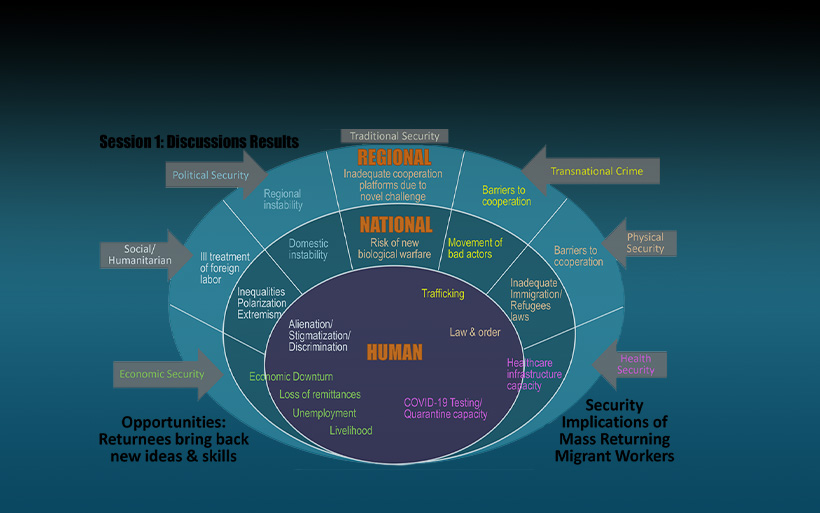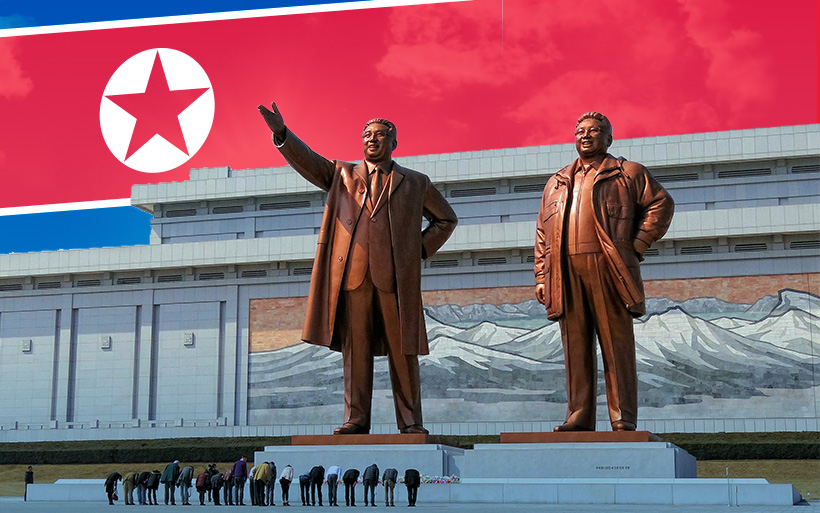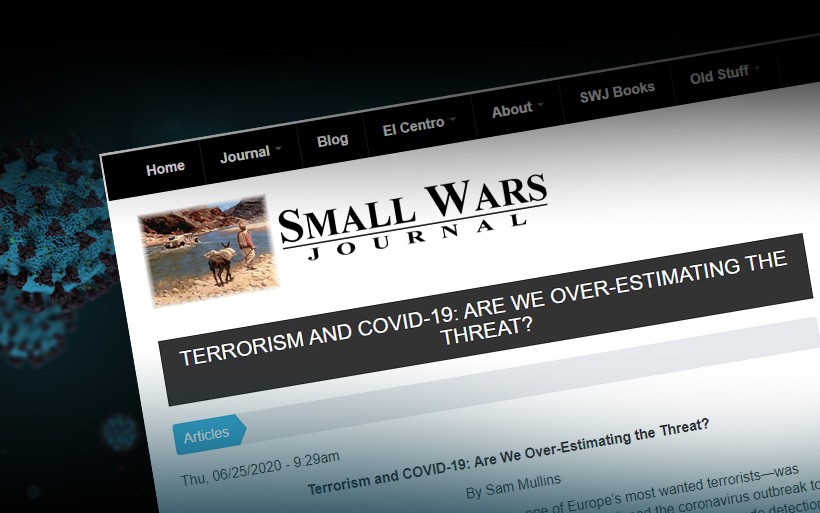An International Biodefense Shield Alliance against Pathogens from China
“An International Biodefense Shield Alliance against Pathogens from China” is the title of a paper written by Dr. Deon Canyon, Kevany S., Baker M.S. and Baker J. for Security Nexus. This paper illustrates the need for the U.S. [...]
















